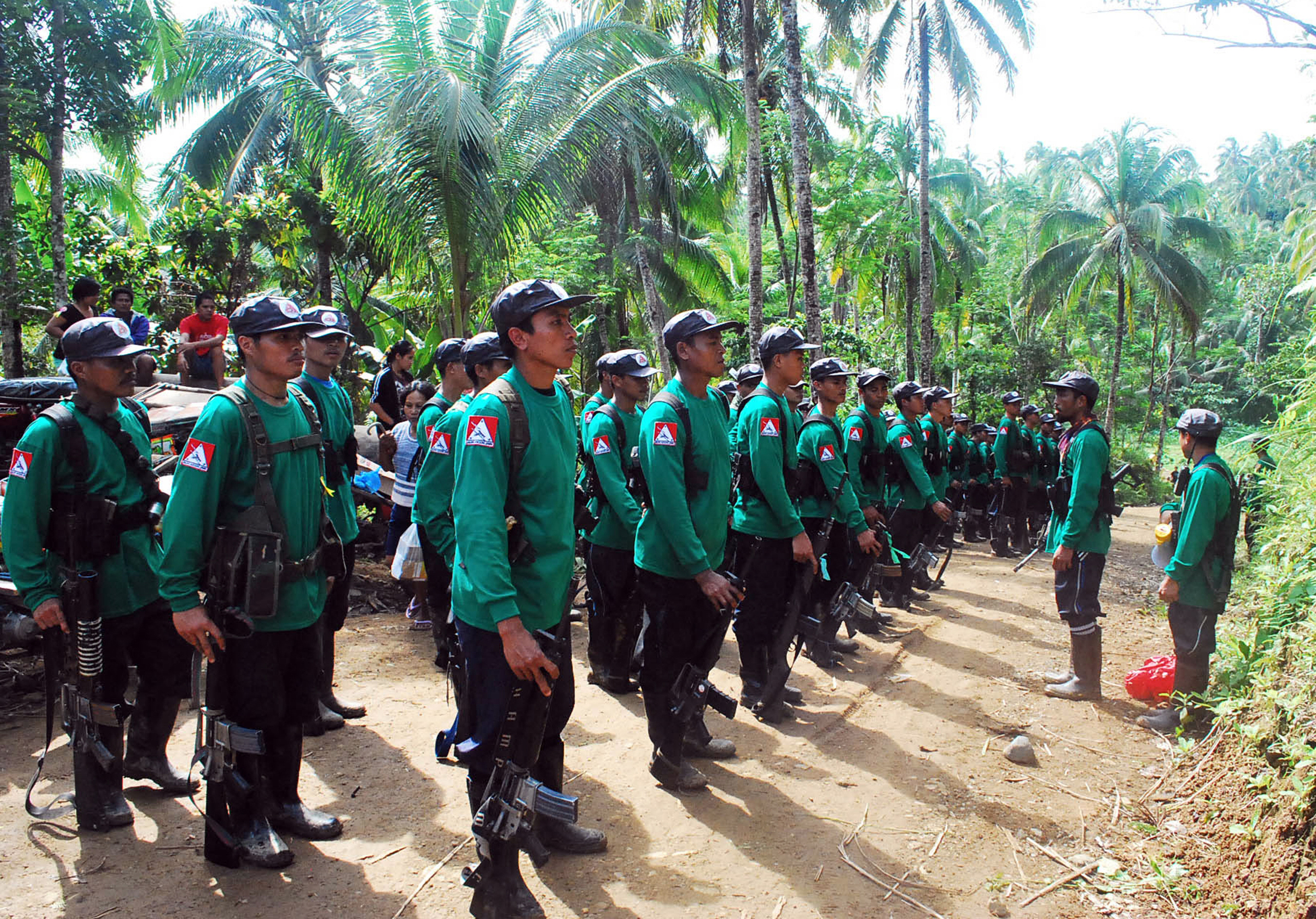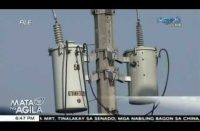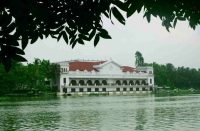
Peace talks between the Philippine government and communist insurgents were put on hold on Saturday after a dispute over the rebels’ ordering their fighters to step up attacks.
But communist negotiators remained hopeful that the discussions being held at a seaside resort town in the Netherlands would continue, despite the suspension announced by government negotiators.
The two sides had just opened formal talks when chief government negotiator Jesus Dureza objected to the communists’ telling guerillas to intensify attacks in response to President Rodrigo Duterte’s declaration of martial law in Mindanao.
“The government panel is now left without any other recourse but to announce… that it will not proceed to participate in the fifth round of peace negotiations,” he said.
He added that talks would not resume until there were indications of an “environment conducive to achieving just and sustainable peace.”
President Rodrigo Duterte declared martial law over the southern third of the country on Tuesday to quell fighting with pro-Islamic State militants.
Communists insurgents, who are active in wide areas of the archipelago, including the south, responded to his declaration by ordering their forces to “carry out more tactical offensives.”
But communist alliance negotiators blamed government officials, saying their statement resulted from government officials announcing that New People’s Army fighters would also be targeted in Manila’s crackdown on Islamic extremists.
Senior rebel negotiator Luis Jalandoni said that despite the government’s ultimatum, the guerrillas’ attacks would continue.
Government negotiator Silvestre Bello said the rebel panel had originally asked for a 10-minute recess to discuss the government’s threat but refused to return to the table afterwards.
‘Talks not closed’
But chief rebel negotiator Fidel Agcaoili told journalists he was hopeful the talks could resume, despite the government’s suspension.
“The talks are not closed,” Agcaoili said.
“Of course we intend to sit down again, the two panels, and then perhaps find some constructive solution between the two of us to continue the fifth round of talks.”
If a solution could be reached, the talks “could resume tomorrow,” said Agcaoili, chief negotiator for the National Democratic Front of the Philippines, a coalition of several groups, of which the Communist Party of the Philippines is among the most prominent.
The CPP’s armed wing is the 4,000-member NPA guerilla unit.
The communist insurgency in the poverty-stricken Asian country which began in 1968 is one of the longest running in the world. It has claimed an estimated 30,000 lives, according to the military.
Peace talks have been conducted on and off for 30 years, and were revived after Duterte was elected president last year.
Norway had coaxed the two sides back to the negotiating table in August.
The talks were moved to Noordwijk aan Zee, about 70 kilometers (45 miles) from Utrecht, where several of the rebel leaders live in exile.
Duterte has also taken strong positions against the rebels, imposing conditions including that the guerrillas stop extortion and arson activities.
Duterte called off the peace talks in February after the collapse of unilateral ceasefires that saw guerrillas killing several soldiers and police in a series of attacks.
NPA guerrillas continue to attack isolated military and police outposts and extort money from businesses to finance their armed campaign, the military said. Agence France Presse







